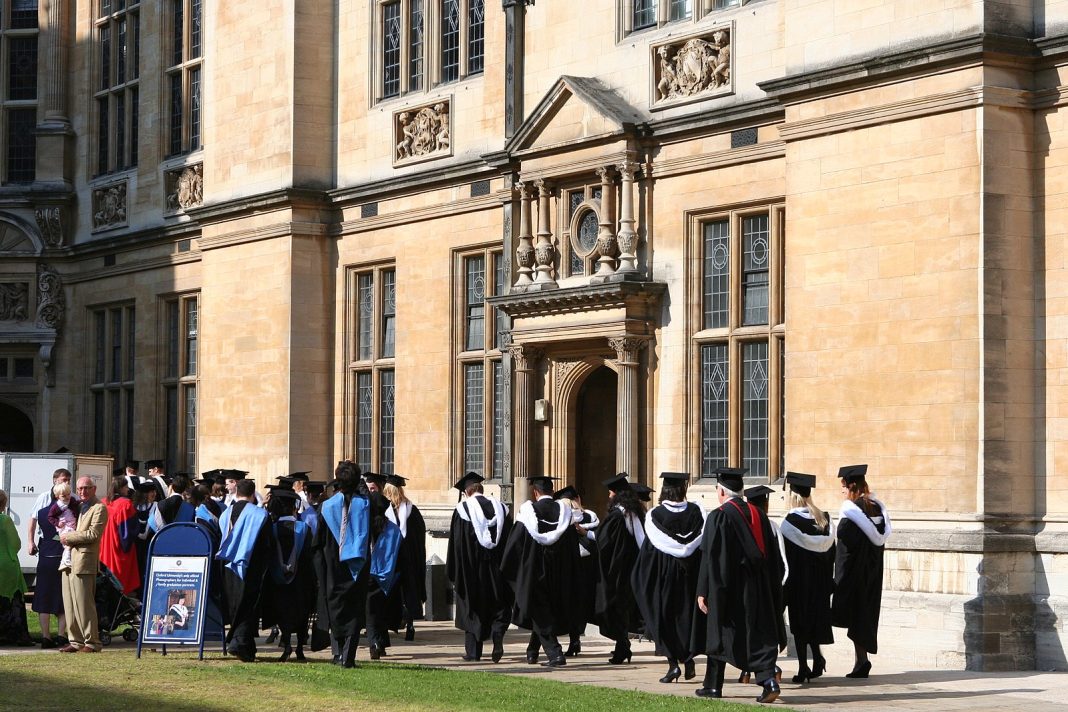The Migration Advisory Committee (MAC) has recommended that the UK government retains the Graduate visa route in their highly anticipated report on the efficacy of the scheme, commissioned by Home Secretary, James Cleverly, in March of this year.
Since 2019, the Graduate visa route has allowed international undergraduate and masters students to remain and work in the UK for up to two years after graduating from a UK university, or up to three years after graduation for PhD students. These years are intended to facilitate the establishment of graduates in employment which offers Skilled Worker visa sponsorship.
The Conservative Government’s attitudes towards the Graduate visa route stem from their overall aim to reduce net migration and their speculation that the scheme acts as a backdoor for migrants with no intention of becoming skilled workers. Cleverly requested the MAC report examining the route over his concerns that study visas are “driven more by a desire for immigration rather than education.”
MAC found that the Graduate visa route was largely effective at aiding the transition of students to skilled workers, and that evidence showed very low levels of abuse. The report concluded that the “impact on public finances of Graduate visa holders on the route to be small but positive, as most appear to work, are young, and have no recourse to public funds.” MAC advised no alterations to be made to the scheme.
In April, the CEO of the Russell Group, Dr. Tim Bradshaw, urged MAC to recommend against cutting the Graduate visa route in a letter to the chair of MAC, Prof. Brian Bell. Bradshaw expressed that such a move, which would deter international students from studying in the UK, would threaten both the intellectual and creative talent of British academia and the financial stability of the UK university sector, worth £37 billion a year to the UK economy according to Consultancy London Economcics
The MAC report corroborated Bradshaw’s concerns for the sector’s financial dependence on international students, saying: “The fees that these students pay help universities to cover the losses they make in teaching British students and doing research. Without those students, many universities would need to shrink and less research would be done.” The Higher Education Statistics Agency found that in 2021-2022, international students’ fees comprised 30% of the total UK universities; income.
“Negative government rhetoric, new visa restrictions and increased visa fees are already having an impact on the attractiveness of the UK as a study destination”, Bradshaw explained, pointing to the 44% decrease in international university enrolments in January, according to a survey by Universities UK.
The MAC report affirmed that changes made to the Graduate visa route over the past year had made the UK a less attractive destination for studying for overseas applicants when compared to its rivals in Europe, America, and Australia. The Government’s decision in April to increase the income threshold for Skilled Worker visas from £26,200 to £38,700 resulted in accountancy firm KPMG withdrawing job offers to international graduates who would need Skilled Worker sponsorship to take up the role.
A government spokesperson has confirmed that they are “considering the review’s findings very closely and we will respond fully in due course”, regarding their final decision on the status of the Graduate visa route.


